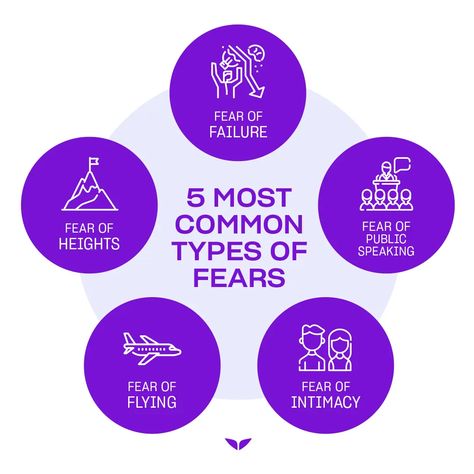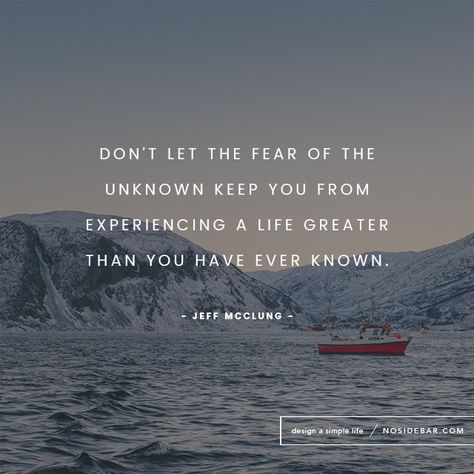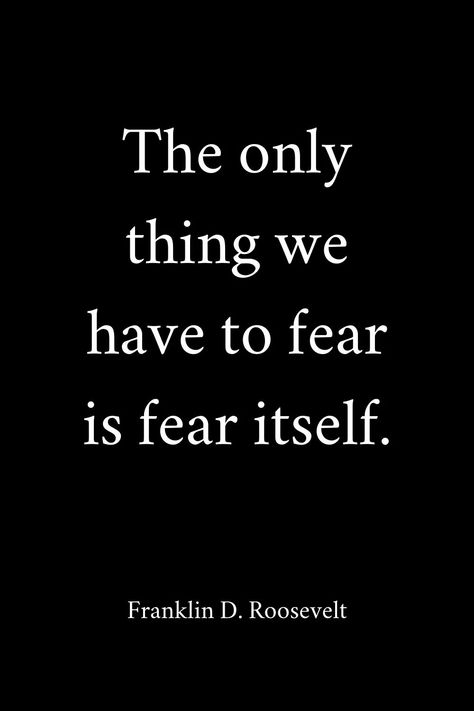
Exploring Fear of Nonexistence: A Philosophical Perspective
- Introduction
The fear of becoming “nothing” after death is a question that has puzzled humanity for centuries. For many, the thought of nonexistence is unsettling. It raises profound questions about the nature of life, death, and what it means to “be.” This essay examines this fear and its implications from various philosophical, psychological, and cultural angles. - Understanding the Fear of Nonexistence
At its core, the fear of becoming nothing is tied to our instinct for survival. Humans are biologically programmed to avoid threats and seek continuity of life. The idea of ceasing to exist challenges this instinct, making it a deeply existential concern. - Cultural Interpretations of Death
Cultural beliefs shape how we perceive death. In many religions, the concept of an afterlife provides solace, framing death not as an end but as a transition. Conversely, secular and atheist perspectives often confront the idea of absolute finality, which can feel daunting. - Philosophical Perspectives
Philosophers like Epicurus argued that death should not be feared because, in nonexistence, we are incapable of experiencing suffering. Others, like Heidegger, view the awareness of mortality as a defining feature of human existence, encouraging individuals to live authentically. - Psychological Dimensions
Psychologically, the fear of nonexistence is linked to the unknown. Humans are uncomfortable with ambiguity, and death represents the ultimate unknown. Cognitive behavioral approaches suggest that confronting and reframing these fears can help individuals find peace. - The Role of Religion
Religions often offer comfort by promising an afterlife or reincarnation. These beliefs serve as a coping mechanism, allowing individuals to face mortality with hope rather than fear. However, those who question these doctrines may feel a heightened sense of existential dread. - Existentialism and Meaning
Existentialist thinkers like Sartre and Camus explore how life can be meaningful even without an afterlife. They argue that humans can create their own purpose through choices and actions, embracing life’s impermanence. - The Fear of the Unknown
Much of the fear surrounding death stems from not knowing what happens next. Is it void? A continuation? The inability to answer this question leaves many grappling with uncertainty and fear.

- Overcoming the Fear of Death
Overcoming this fear often involves acceptance. Philosophical meditation, mindfulness, and religious faith can all offer pathways to confronting mortality with courage and grace. - The Legacy We Leave Behind
One way to cope with the fear of nonexistence is to focus on the impact we leave behind. Acts of kindness, relationships, and contributions to society allow us to live on in the memories of others. - Science and Death
Scientific perspectives often emphasize the natural cycle of life. Death is not an end but a transformation, with our bodies and energy returning to the ecosystem. Understanding this process can bring a sense of harmony. - Death in Art and Literature
Throughout history, art and literature have grappled with death. From Shakespeare’s soliloquies to modern cinema, creative expressions provide insight into the human condition and offer catharsis. - Death Anxiety in Modern Times
In today’s fast-paced world, discussions of death are often avoided, leading to heightened anxiety when it inevitably arises. Encouraging open dialogues can help normalize these fears. - The Paradox of Immortality
Interestingly, the fear of nonexistence is balanced by the paradox of immortality. Many stories explore how living forever could be a curse, suggesting that the finiteness of life gives it meaning. - The Power of Now
Focusing on the present moment is one way to diminish the fear of death. Mindfulness practices encourage living fully in the “now,” reducing concerns about an uncertain future. - Conclusion
The fear of becoming nothing after death is deeply human. By exploring philosophical ideas, cultural beliefs, and psychological strategies, individuals can find ways to face this fear with understanding and resilience. Whether through acceptance, faith, or living a meaningful life, the journey toward peace with mortality is a personal and transformative experience.


